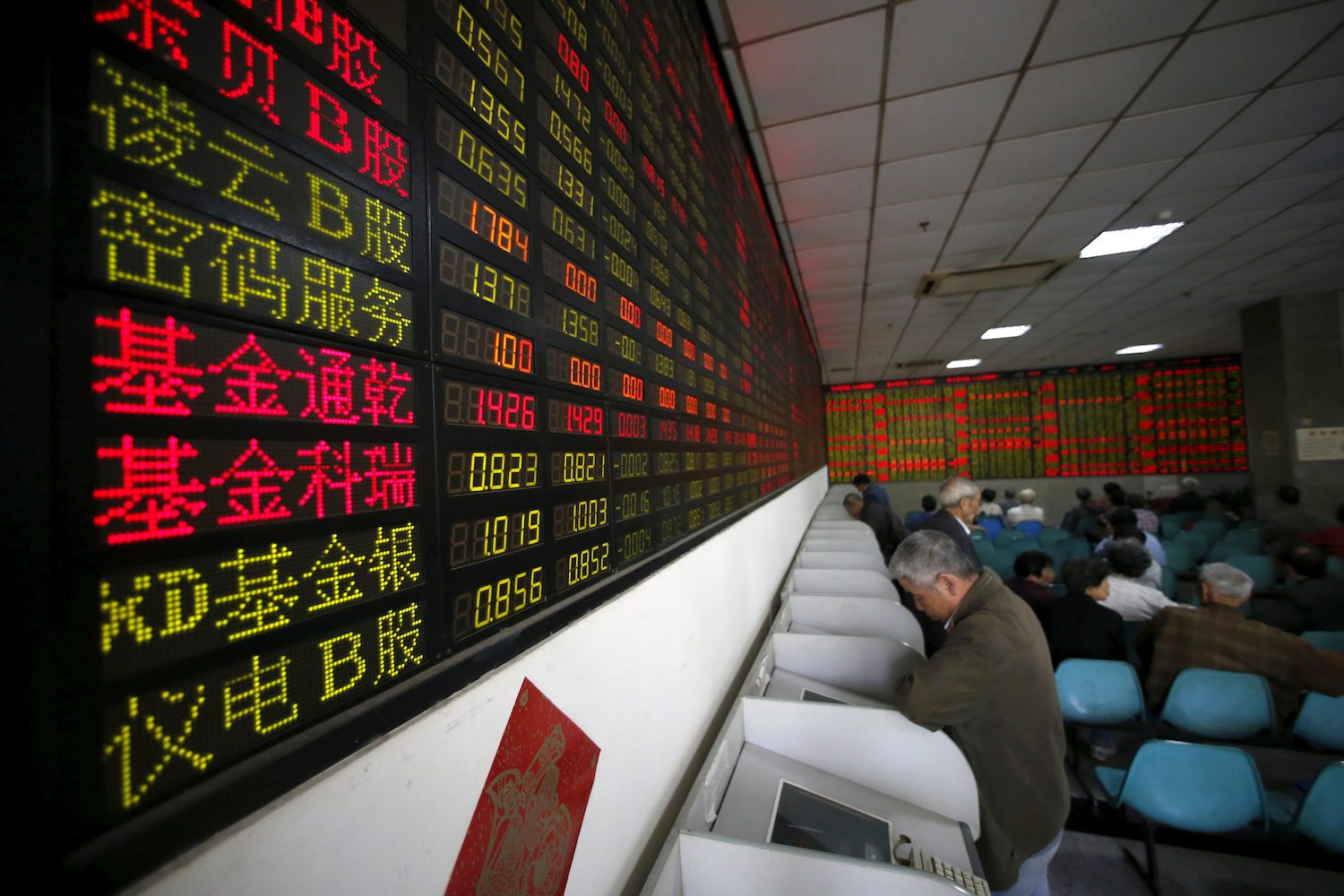(ATF) China is looking to create a new super underwriter class and, after plodding progress over the years, panda bonds look to have booked tickets on the rocket ship too.
The ‘Action Plan for Building a High Standard Market System’ proposes a series of specific measures to further “expand the opening of the financial service industry in an orderly manner” – including to foreigners.
The plan involves opening up the interbank and exchange bond markets, and clarifying the overall institutional framework for the internationalisation of China’s bond market.
Read more: Musk nod sends altcoin Doge soaring
The proposal details supporting qualified private financial institutions – and domestic foreign financial institutions – to obtain the qualifications of Class A lead underwriters for non-financial corporate debt financing instruments and also to participate in the interbank bond market.
This means that the team of lead underwriters for non-financial corporate debt will be further expanded. In particular, domestic foreign-funded financial institutions will be qualified as Type A lead underwriters.
Currently, among the top wrung of underwriters are two foreign-funded banks each for Type A and Type B lead underwriters.
The deputy director of the CITIC Securities Research Institute and the chief FICC analyst said that the main advantage of private institutions’ participation is that private capital can be more closely connected and operate more efficiently. They can also better serve foreign-funded enterprises and Sino-foreign joint ventures.
FOREIGN ENTERPRISES
With China’s bond market opening up more, foreign institutional investors have substantially increased their holdings of yuan bonds. According to Bond Connect data, January saw 6,470 transactions valued at 588.3 billion yuan. Average daily turnover was 29.4 billion yuan, a new monthly record.
Previously, data released by the Shanghai Headquarters of the People’s Bank of China showed that foreign institutions held 3.25 trillion yuan in interbank market bonds at the end of the year, accounting for about 3.2% of the total interbank bond market custody.
China’s bond market is valued at 117 trillion yuan, the world’s second-largest after the US.
MATURE MARKETS
However, the degree of internationalisation is still relatively low. Industry insiders believe that with the continuous improvements, the acceleration of the interconnection of the two markets, and the implementation of a series of expansion measures, the number of foreign institutions buying bonds and the scale of funds will continue to increase significantly.
Since last year, China has announced a series of measures to promote liberalisation of the bond market. On January 15 the Shanghai and Shenzhen stock exchanges issued a notice to expand the scope of bank participation in bond trading on the exchanges, allowing foreign lenders in China to participate in the auction of bonds and asset-backed securities.
The plan proposes also to “study and formulate measures for the administration of bond issuance by foreign institutions in the exchange bond market”. This means that long-awaited management measures for the issuance of panda bonds may be implemented.
PANDA BONDS
Panda bonds, yuan-denominated debt from a non-Chinese issuer sold in China, have seen steady development in the interbank market.
With the gradual improvement of system rules, the types of panda bond issues have become increasingly diverse. Currently, overseas issuers have covered various entities such as foreign sovereign governments, local governments, international development institutions, financial institutions and non-financial enterprises.
Statistics from the China Interbank Market Dealers Association show that the interbank market issued 52.55 billion yuan of panda bonds late year worth 264.95 billion yuan. That’s two-thirds the 375.1bn total issuance up to the end of 2019, according to People’s Bank of China data.
Industry insiders predict that with the announcement of the new measures, the interbank bond market and the exchange bond market’s panda bond issuance rules will gradually unify, further promoting the growth of the market.
























